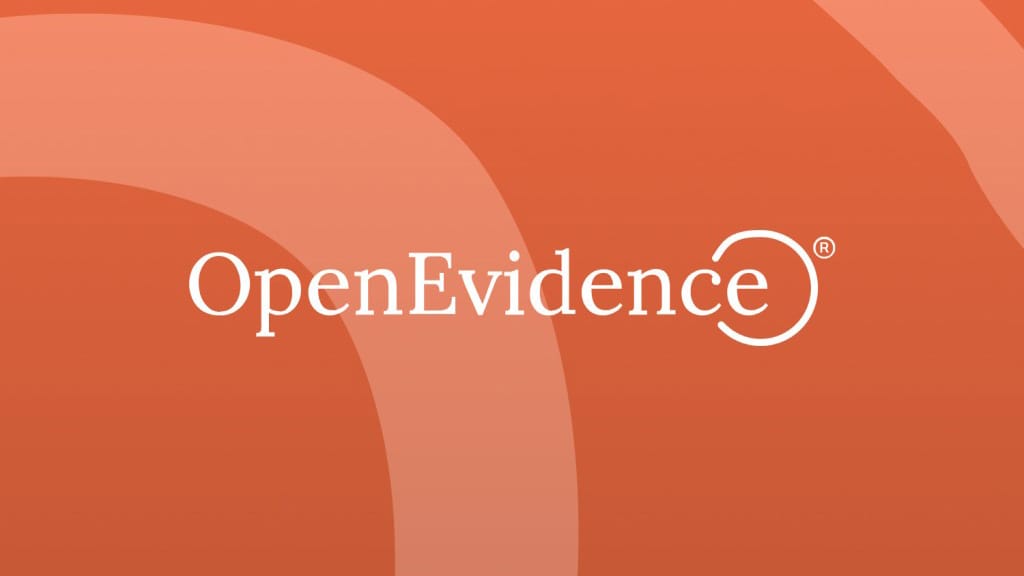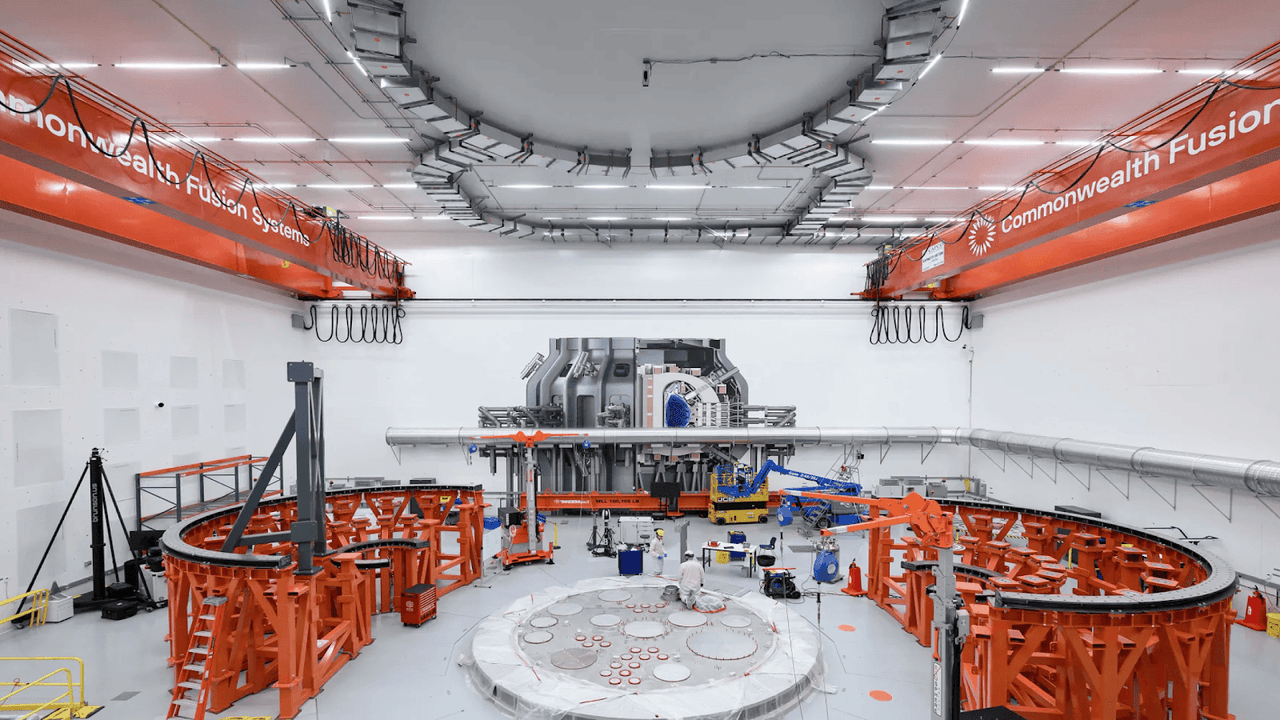Anthropic's CEO Predicts that AI Will Write 90% of Code by 2025

The rapid advancements in artificial intelligence (AI) have sparked significant changes across various industries, with software development being one of the most impacted. Recently, Dario Amodei, the CEO of Anthropic, a leading AI research company, made a bold prediction that within three to six months, AI will be responsible for writing 90% of the code that software developers currently handle. Furthermore, he suggested that within a year, AI could potentially write all code, fundamentally transforming the role of software engineers.
Let's delve into the implications of Amodei's prediction, examining how AI is poised to reshape the software development landscape.
The Prediction: AI Writing 90% of Code
Dario Amodei's statement at a Council on Foreign Relations (CFR) event on March 10, 2025, highlights the unprecedented pace at which AI is advancing in the field of software development. He claimed that AI tools, such as GitHub Copilot, Claude Code, and OpenAI's models, are evolving so rapidly that they will soon dominate the coding process. Within three to six months, AI is expected to write 90% of the code, and within a year, it could potentially handle all coding tasks.
Amodei emphasized that while humans are still needed to provide design features, conditions, and high-level specifications, the role of software developers will shift significantly. Instead of writing code, developers will focus on supervising, debugging, and optimizing AI-generated outputs.
The Role of AI in Software Development
AI as a Coding Assistant
AI has already begun to revolutionize software development by acting as a coding assistant. Tools like GitHub Copilot and OpenAI's Codex can generate code snippets, automate repetitive tasks, and even suggest architectural improvements. According to Charlie Clark, founder of Liinks and former Senior Software Engineer at Squarespace, AI will soon become the "ultimate coding assistant," capable of translating high-level concepts into executable code. This shift will allow developers to focus on the "why" rather than the "how," enabling faster and more efficient development without compromising quality.
Code Maintenance and Legacy Systems
One of the most time-consuming aspects of software development is maintaining and updating legacy code. AI is expected to transform this process by quickly understanding and optimizing outdated codebases. This will significantly reduce the burden on developers, freeing them to focus on more creative and strategic tasks.
Real-Time Collaboration and Prototyping
AI's capabilities extend beyond writing code to enabling real-time collaboration and rapid prototyping. Developers may soon be able to verbally describe a feature, and AI will draft the initial code and create a prototype environment for testing. This level of integration will streamline workflows and enhance productivity.
Implications for the Industry
The adoption of AI in software development promises significant efficiency gains. By automating routine and repetitive tasks, AI allows developers to focus on higher-value activities, such as problem-solving and innovation. This could lead to faster project completion times and reduced costs for businesses.
As AI takes over coding tasks, the role of software developers will evolve. Developers will transition from writing code to supervising AI outputs, debugging, and ensuring that AI-generated code aligns with ethical standards and business goals. This shift will require a new skill set, including expertise in AI model training and optimization.
The rise of AI in coding raises concerns about the future of junior developers and those entering the field. With AI handling most coding tasks, traditional entry-level roles may become scarce, making it harder for new developers to gain experience and build foundational skills. This could lead to a skills gap in the long term.
The widespread adoption of AI in software development could lead to job displacement for some developers. According to IMF Managing Director Kristalina Georgieva, AI is expected to impact roughly 40% of global jobs, with some roles benefiting from enhanced productivity while others face reduced labor demand. In extreme cases, certain jobs may disappear altogether.
Ethical and Technical Considerations
One potential pitfall of relying heavily on AI for coding is the erosion of foundational programming skills. As developers become more dependent on AI, there is a risk that they may lose the ability to write code manually, which could be problematic in scenarios where AI tools fail or produce errors.
As AI takes on a larger role in software development, it is crucial to ensure that AI-generated code aligns with ethical standards. Developers will need to focus on guiding AI systems to produce outputs that are fair, unbiased, and secure.
Looking Forward
Dario Amodei's prediction that AI will write 90% of code within three to six months marks a pivotal moment in the evolution of software development. While this shift promises significant efficiency gains and productivity improvements, it also presents challenges, particularly for junior developers and those entering the field. The role of software engineers will evolve, requiring new skills and a focus on supervising and optimizing AI-generated outputs.
As the industry adapts to this transformation, it is essential to address the ethical and technical challenges associated with AI-driven development. By doing so, businesses and developers can harness the full potential of AI while ensuring that its adoption benefits the broader tech ecosystem.





